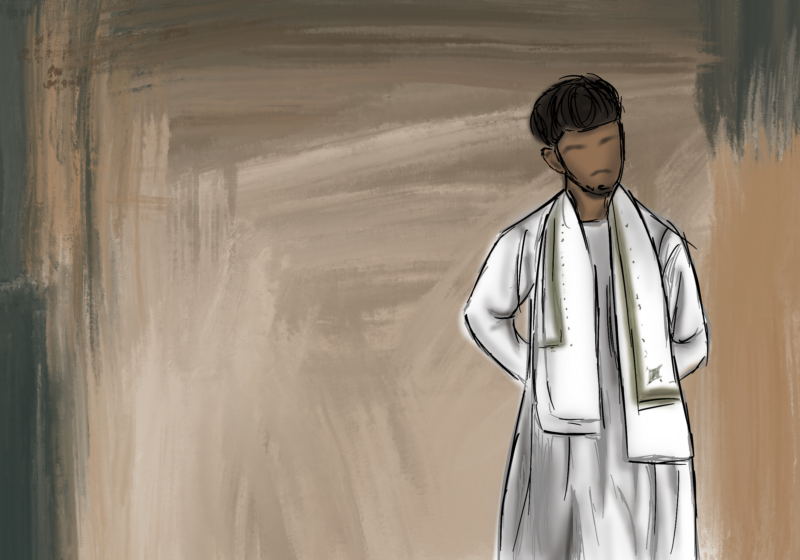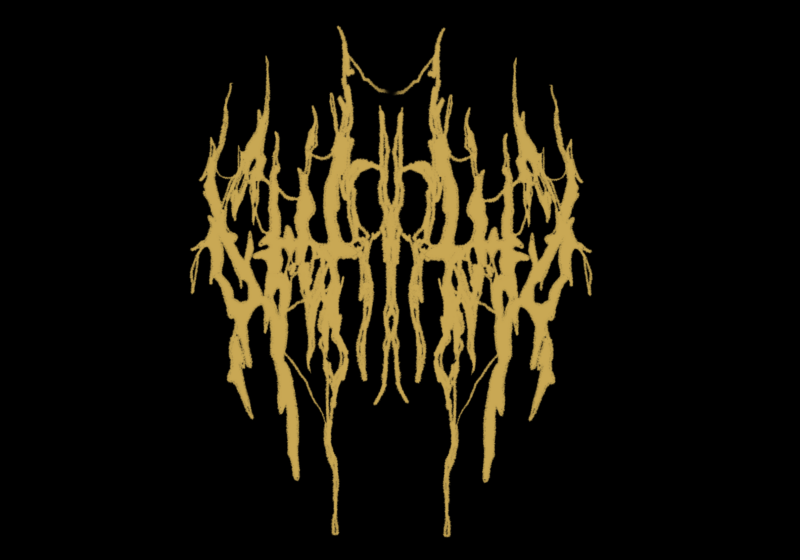The Board of Trustees Investment Committee passed a policy earlier this month prohibiting direct investments in companies identified as supporting the Sudanese government’s genocide in Darfur.
“We could not, in good conscience, continue to make direct investments in that country,” UR President Joel Seligman said.
As a result of this new policy, UR’s endowment will not directly invest in over two dozen companies, including BAE Systems, PetroChina, Harbin Power Equipment Co. Ltd., Mobil Telecommunications Co. and Royal Dutch Shell.
UR does not currently have any other specific social investment policies and views the situation in Sudan as unique since it was labeled “genocide” by the United States.
“This is a specific response of the Investment Committee to the situation in Sudan,” Seligman said. “It’s quite a unique situation in which the United Nations, the President of the United States, appropriate representatives of the House and of the Senate have effectively labeled the government of Sudan as sponsoring genocide. It is not unprecedented, but it is quite extraordinary.”
The University’s endowment is a source of operating income, student financial aid and faculty salaries. UR employs 80 firms throughout the world to manage the endowment with oversight from the Investment Committee of the Board of Trustees and the UR Office of Institutional Resources. As of June 30, 2006, UR’s endowment was valued at about $1.5 billion.
UR is now one of many institutions nation-wide to adopt a policy barring investments in companies linked to the Sudanese government. Other universities include the University of Southern California, Brandeis University, Cornell University, Columbia University, Dartmouth College, Middlebury College and Princeton University. California, Maine, Oregon, New Jersey and a number of other states are also banning Sudan-related investments from their pension funds, according to the Sudan Divestment Task Force.
“The University became aware that many peer institutions have concluded that they should no longer invest in companies connected to the government-sponsored genocide in Sudan,” Senior Vice President for Institutional Resources Doug Phillips said. “After conducting our own review, it became clear that the situation in Sudan was a unique and especially troubling case and required the unusual step of approaching the Investment Committee to suggest a policy against investing in companies connected to Sudan.”
According to Phillips, the list was compiled by UR’s Office of Institutional Resources after reviewing several publicly available lists.
“We erred on the side of caution by including more companies because not every list was exactly the same,” he said. “We think it’s comprehensive.”
According to both Phillips and Seligman, there was no student pressure to implement the new policy.
“I am sure students care about the situation in Sudan,” Seligman said.
Phillips credits Seligman with initiating the new policy.
“President Seligman asked me to look at this issue, and when I looked at it, it was clear that we were in the minority that had not taken action,” Philips said.
The policy applies to direct holdings, where UR controls the activities of investment managers. For indirect holdings such as mutual funds, hedge funds, buy-out funds or private equity funds where UR does not control the underlying entities, managers are discouraged from purchasing or holding those securities, according to Phillips.
UR plans to keep this policy in place as long as the genocide continues. Investment officers in the Office of Institutional Resources will periodically review the list to ensure that it is current.
While UR does not disclose its list of endowment holdings to maintain competitiveness, it will disclose whether or not a specific company is held upon request.
A complete list of companies identified by UR as supporting the Sudanese government’s genocide and therefore barred from direct investment by UR is available at http://www.rochester.edu/endowment/sudan_policy.html.Bruml is a member of the class of 2008.





